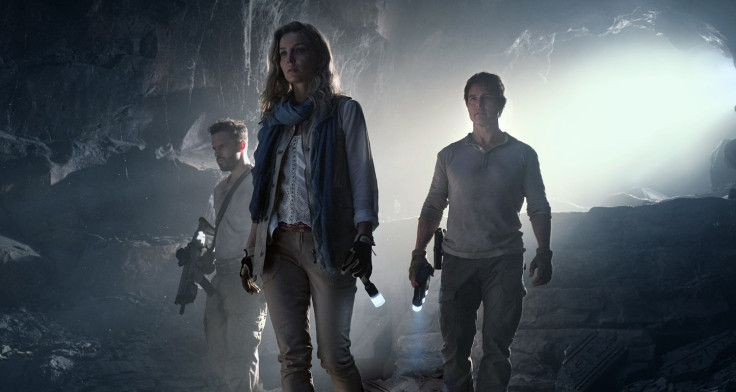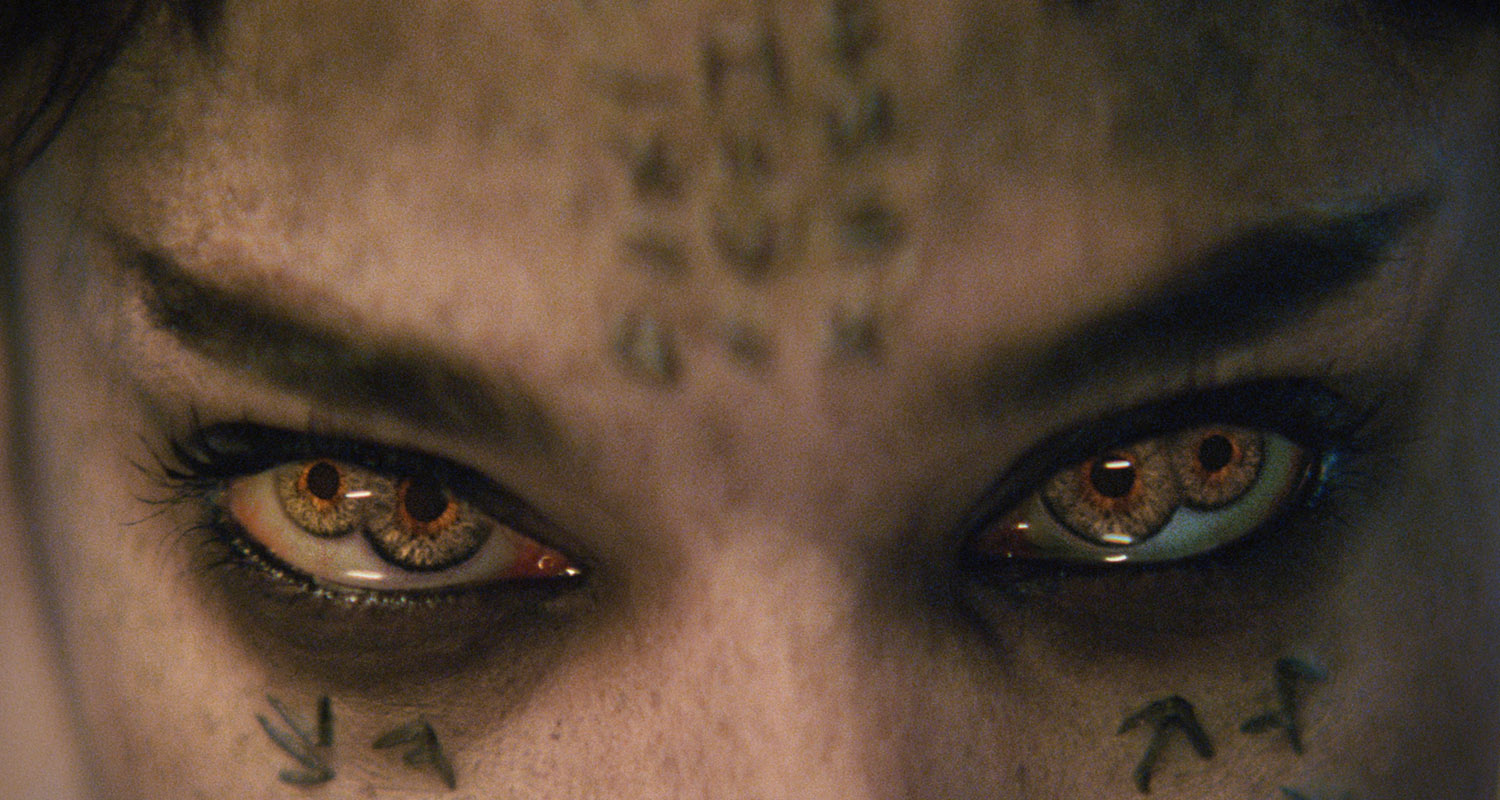The Mummy review: Universal's monster movie universe is undead on arrival
Tom Cruise does his Tom Cruise thing in this dreadful summer blockbuster.

The Mummy begins with the familiar Universal Pictures indent, but then something different appears: a flashy logo for the studio's "Dark Universe", a series of interconnected films the company hopes to kick-start with this remake of the classic monster movie.
Javier Bardem is signed on to one day play Frankenstein's Monster, Johnny Depp will apparently be the Invisible Man and reboots of Van Helsing, The Creature from the Black Lagoon, even The Hunchback of Notre Dame and Phantom of the Opera are planned.
These films will share "a world of gods and monsters", with the assumed goal of one day bringing the iconic characters together to face off or fight a greater threat, like we've seen in so many superhero series.
All this is in the pipeline, but only one film has been made, so Universal's presumptive logo strikes a confident, or rather cocky tone straight away.
It's safe to say the studio desperately needs The Mummy to succeed, and it's certainly determined that it will having stumped up the necessary pile of money to get Tom Cruise to star.
This being a Tom Cruise movie you know what to expect. There's running, his character - Nick Morton - is the same cocksure hero Tom Cruise always plays, there's a cold, unearned romance with the female lead, and, of course, lots more running.
Taking place in the modern day, The Mummy opens with Morton, his sidekick pal Chris Vail (a very irritating Jake Johnson) and Annabelle Wallis's Egyptologist Jenny Halsey discovering an ancient Egyptian tomb. There they unearth a spooky sarcophagus, the kind which anyone not in a Hollywood movie would know to leave well alone.
Inside is Sofia Boutella's Princess Ahmanet - the Mummy - who awakens to complete her mission to bring the Egyptian god of death Set to our mortal coil.
It's understandable that Hollywood wants to emulate the success of Marvel Comics' superhero cinematic universe - which both financially and creatively has worked resoundingly well - but to date no other studio has succeeded. On the basis of The Mummy, neither will Universal.
The studio may well soldier on, as Warner Bros did after its poor Superman reboot Man of Steel - the first film in its DC Comics universe - but even Zack Snyder's film had more merit than this catastrophically dull attempt at launching a new blockbuster film series.
First, the few positives. Director Alex Kurtzman might lean heavily on the 'quiet-quiet-BANG' technique of building tension and creating jump scares, but there are some pretty effective moments of Blockbuster-grade "horror" in the first half of the film. While not exactly scary, these scenes serve their purpose well, and there's some halfway gruesome body horror elements to them.
Boutella - known for roles in Kingsman: The Secret Service and Star Trek Beyond - turns in a solid performance as the titular villain, one that makes her character the only vaguely effective one in the entire film. Tom Cruise isn't dreadful either, but his performance is exactly the one he always turns in for such summer blockbusters.
Basically, everything else about the film is dreadful, and at the root of all of it is the abysmal script by David Koepp, Christopher McQuarrie and Dylan Kussman (not to mention three additional people with story credits) which shuffles along with all the grace of the Mummy's reanimated dead.



The script completely fails to strike a coherent tone as the film flits quickly between humour, horror and action. As a consequence, The Mummy irritates more than it amuses and constantly undermines any stakes it tries to create or reasons to care even slightly about its characters.
Among these characters is Morton, a selfish man given the clichéd 'heart of gold' narrative, Vail, a supposedly seasoned army man playing the role of whiny, terrified sidekick, and Halsey, who quickly becomes Tom Cruise's damsel in distress.
Another big problem is that the film is entirely devoid of its own sense of style because it's a hodge-podge of genres. Is it a horror film, a monster movie, an action movie or a superhero film? It's all of them and none of them at the same time.
When The Mummy operates as a standalone story it's certainly bad, but not exactly dreadful. It falls apart quickly however when Russell Crowe's Dr Jekyll - head of a shadowy group called Prodigium - arrives to explain the organisation's desire to combat evil around the world, in all its forms (mostly monster forms we're guessing).
As Crowe played the role of Basil Exposition, a child sat behind me in the cinema began to nudge and kick the back of my seat. This persisted throughout the final act of the film as unnecessary scenes of city-wide destruction gave way to a final conflict resolved in bewildering fashion. By the film's astoundingly silly end the kicking hadn't stopped, but I welcomed the distraction.
Taken on its own, The Mummy is your standard sub-par summer blockbuster. The kind that will be forgotten very quickly. What makes the film worse is its standing as the apparent starting block for an ambitious new film series. Every aspect of the film attempting to build this planned cinematic universe falls flat, particularly its hilariously bad, Dark Knight-aping final moments.
© Copyright IBTimes 2025. All rights reserved.






















